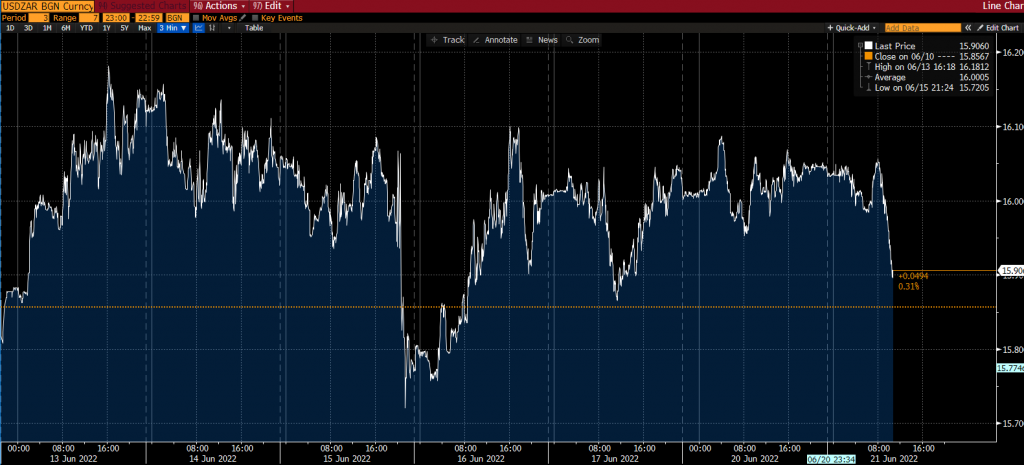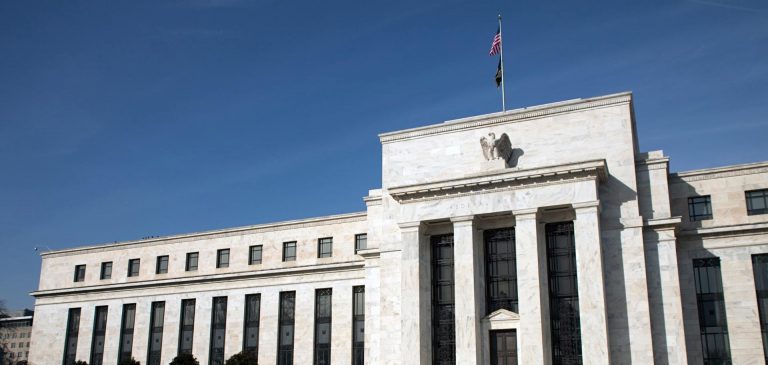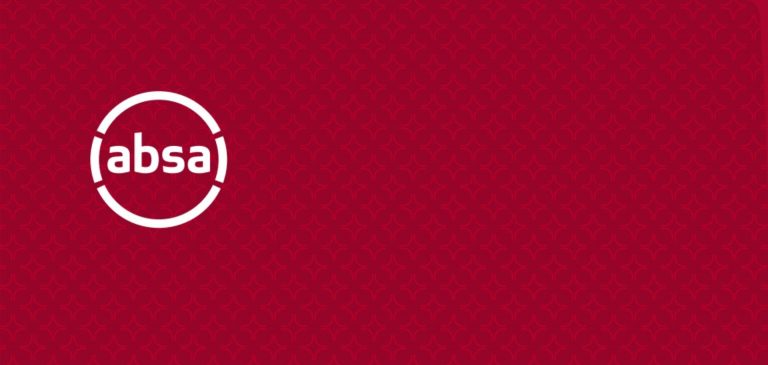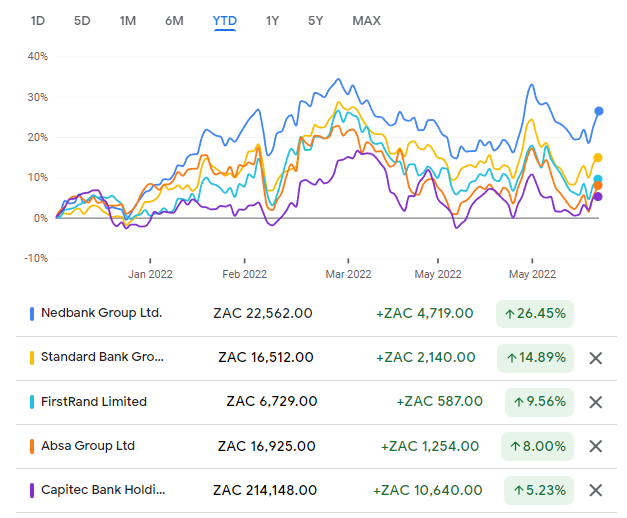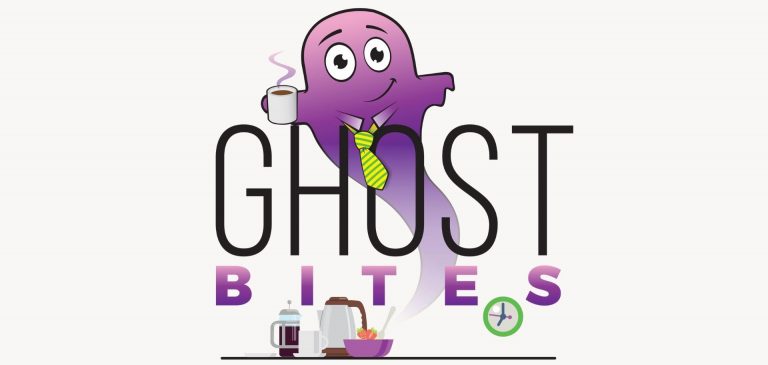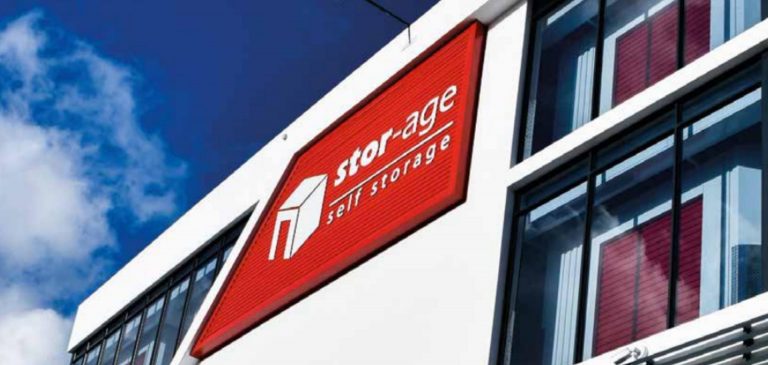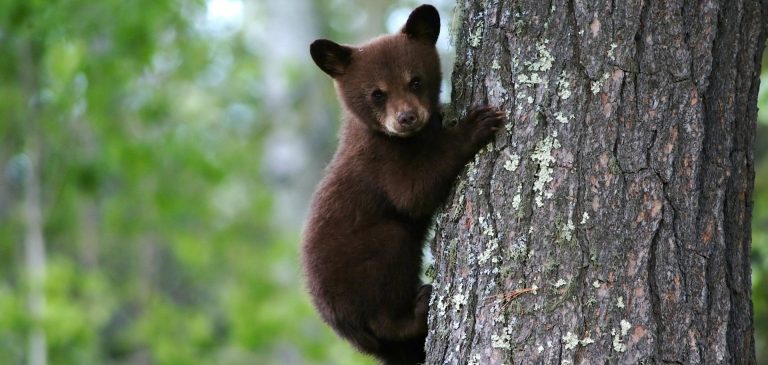Sustainability-linked lending has been around since 2017, with corporates tapping into pools of debt that get cheaper as ESG targets are met. This brings out the best and worst of humanity, of course, as you never have to look far to find opportunistic behaviour. Still, there are great examples of this type of lending in practice. Will it end up being offered to retail banking customers one day? Two of the Ghost Grads (Jordan Theron and Kreeti Panday) bring us this overview of the sustainability-linked lending industry.
In 2017, Dutch bank ING became the first financial institution to extend what we now know to be a sustainability-linked loan. Considering the world has become obsessed with ESG in recent years, the bank doesn’t make it a secret that it pioneered this approach.
The €1 billion loan to Philips had an interest rate (or cost of debt) that was designed to fluctuate based on the company’s sustainability performance. As we will explore, this is different to a “green loan” or specific bond issuance to raise funding for a particular project, like a solar farm or social housing development.
Estimates are that over $800 billion has changed hands in global sustainability-linked loans. Companies love borrowing money and banks love dishing it out, so this encourages corporates to spend time on designing and implementing sustainability measures that will warm the hearts of the banking credit committee.
Show me the metrics and I’ll show you the money
Those measures are the key in this industry. Sustainability-linked loans are structures that allow companies to borrow money at lower interest rates on condition that they meet certain ESG KPIs (Key Performance Indicators) as set out in the loan agreement.
If the targets aren’t met, the rate usually ratchets higher.
The borrower benefits from paying an interest rate that is often lower by 50bps – 100bps. It may not sound like much, but you need to remember that we are talking about billions in debt. On a R2 billion loan, a 100bps reduction is R20 million per year in interest savings.
That’s enough to pay for a beautiful ESG-inspired billboard advert and some extra bonuses for executives. Ok, the ever-cynical Ghost possibly wrote this part.
50 Shades of Green
Although the lines have blurred and will blur further, traditional “green funding structures” require the company to use the money to fund specific “green” projects, whereas the proceeds from sustainability linked loans can be used for general purposes.
An example of the former is Harmony’s R1.5 billion agreement with Absa Corporate and Investment Banking to fund Phase 2 of their renewable energy rollout. Harmony is just as tired of Eskom as we all are, so they are planning to create the capacity to produce up to 137MW of energy for their operations. Everyone wins in this scenario: the environment can breathe a bit better, the company enjoys lower energy costs and the rest of us in South Africa have slightly more table scraps from Eskom to power our homes and businesses.
The Harmony structure is interesting in that it also includes sustainability-linked loans – three of them, to be exact! These are based on renewable energy and water consumption targets and include KPIs that have been independently verified using the Sustainability Linked Loan Principles issued by the Loan Market Association. The ESG industry has become big business for professionals.
There’s a lot of marketing going on here
Inevitably, an argument is made for the correlation between corporate performance and sustainability measures. You don’t have to look far to find research in support of this view. Of course, investment firms offering sustainability-themed investment products (like ETFs) are quick to use these findings as well.
Whilst there is little doubt that a business run on sustainable principles has better long-term prospects than a business that doesn’t have this thinking embedded in the management teams, there’s also a correlation vs. causation discussion here.
Is it the case that sustainability is driving the increased profits, or do more successful companies simply have deeper pockets and flexibility to plan for the future, not least of all in a way that looks good in glossy integrated annual reports?
To give you an example of the type of research in this space, Accenture claims that high levels of innovation, without an emphasis on sustainability and trust, result in a negligible increase in operating profits. In contrast, high levels of innovation combined with sustainability and trust, resulted in a 3.1% increase in operating profits. Read into that what you will.
Whether you are rushing off to buy an ESG-weighted index or not, there’s no doubt that corporates are tapping into financing that uses these metrics and they are enjoying lower costs of funding as a result. The banks believe that these are better-quality clients, as a sustainable business is a good business.
Real-world examples
Research suggests that the US accounts for over 30% of global sustainability-linked issuances. We know that climate change is top of mind for corporates and politicians, so this has led to their largest banks (including Citi, JP Morgan and Bank of America) leading the charge towards a greener future, incentivising corporates along the way with climate metrics in ESG loans.
There are pools of capital looking for impact beyond just environmental measures. For example, Anglo American’s $100 million loan agreement with the International Finance Corporation included targets of providing three off-site jobs for every on-site job by 2025.
South Africa is barely a rounding error when it comes to our percentage share of global issuances. In our view, this is a growing opportunity though.
With Eskom seen as a business risk as much as a climate risk, renewable energy investments will likely drive demand for sustainability-linked loans. South African companies will be seen as embracing the change, eager to get their carbon-heavy feet in the door.
As with US lenders though, there are great examples of local companies raising sustainability-linked financing with metrics that go beyond just renewable energy targets.
Sea Harvest dove head-first into the green waters of sustainability-linked loans, having secured R700 million in financing from Standard Bank in November 2021, subject to KPIs and sustainability performance targets.
In June 2021, Woolworths became South Africa’s first retailer to engage in sustainability-linked financing, taking out an R1.15 billion loan from Standard Bank. The terms include a rise in local sourcing of fashion, beauty, and home products, a focus on sustainable food supply and a reduction in the use of electricity in stores. These things just sound like intelligent business practices, don’t they?
Mondi is also tapping into sustainability-linked financing with a 5-year revolving multi-currency credit facility agreement. There were no fewer than 10 relationship banks involved! Mondi’s Action Plan to meet its ambitious 2030 sustainability goals (called MAP2030 by the marketing department), shines a green spotlight on three areas described as “circular-driven packaging and paper solutions, created by empowered people, taking action on climate.”
Coming soon to a home loan near you?
The trend of sustainability-linked financing does seem to help more than it hinders. Banks want to be seen as doing the “right thing” and corporates are thrilled to reduce the cost of debt.
Soon enough, it is possible that we may even see this kind of financing extended not only to companies, but consumers too.
Can you imagine enjoying a lower interest rate on your bond if you achieve electricity reduction targets, thereby reducing carbon emissions in your daily life?
Perhaps it’s time to teach your children to switch the lights off when they leave a room, in this case because it might one day save them money on their bonds rather than because Eskom will do it for them if they don’t!
The Ghost Grads are four talented students who have joined me for an internship during their studies. I’m thrilled to have them and you can look forward to many more great articles from them.

